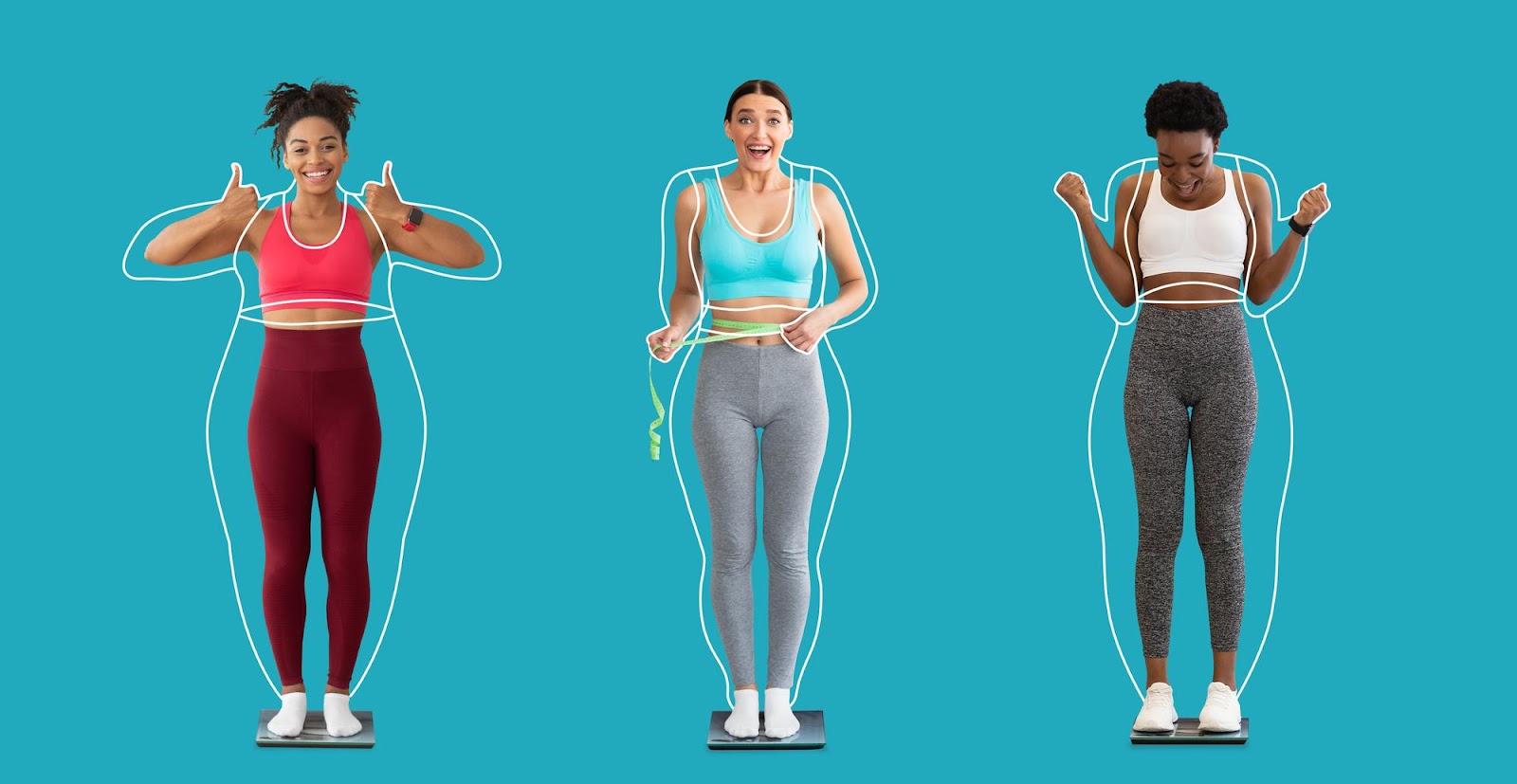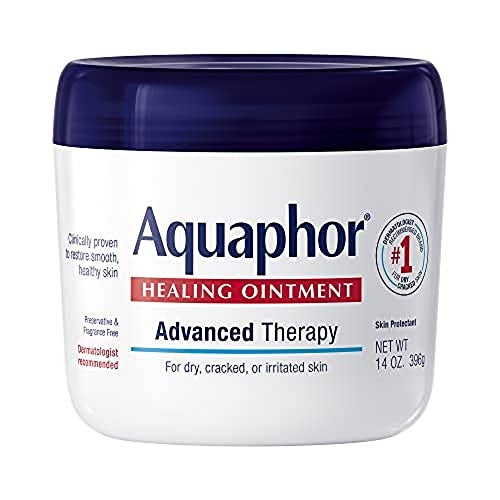Back pain is among the most common complaints adults face. Whether sporadic or chronic, its causes are often attributed to poor posture, physical strain, or injury. But did you know dehydration could also play a significant role in back pain? That’s right—your daily water intake may be more intertwined with your spinal health than you realize.
This article explores how dehydration impacts your spine, the science behind it, and actionable steps to prevent and address dehydration-related backache. If you’ve been experiencing unexplained back pain, this could be the key to relief.
What is Dehydration?
Dehydration occurs when your body loses more fluids than it takes in. This can happen due to inadequate water intake, excessive sweating, or illnesses that cause vomiting and diarrhea. Dehydration affects the ability of various organs and tissues to function optimally—and the spine is no exception.
Symptoms of Dehydration
Common signs of dehydration include:
- Dry mouth or throat
- Fatigue
- Dark yellow or amber-colored urine
- Dizziness or lightheadedness
- Dry skin
- Muscle cramps
During dehydration, your body redistributes water to vital organs like the heart and brain, leaving less critical areas, such as your spine, at a disadvantage. This imbalance can produce unexpected symptoms, such as back pain, due to its effect on your spinal discs.
Can Dehydration Cause Backache?
The answer is yes, dehydration can contribute to backache. To understand how, you’ll need to consider the anatomy of your spine. Your spinal column is made up of vertebrae, which are cushioned by intervertebral discs. These discs consist of two main parts:
- Nucleus Pulposus – A soft, jelly-like core made mostly of water that absorbs shock and provides flexibility.
- Annulus Fibrosus – A tough, protective outer layer that encases the nucleus pulposus.
Spinal discs rely on hydration to maintain their flexibility, height, and cushioning ability. When you’re dehydrated, the discs lose water, become less pliable, and struggle to absorb impact properly. Over time, this can result in:
- Pain caused by reduced cushioning between vertebrae.
- Increased pressure on nerves, leading to symptoms like tingling or numbness.
- Reduced disc height, which may contribute to issues such as herniated discs.
Long-Term Risks
If left unaddressed, chronic dehydration can exacerbate conditions like disc degeneration and bulging discs. For athletes or physically active individuals, dehydration increases the risk of joint wear and tear, potentially accelerating spinal injury.
The Science Behind Dehydration and Back Pain
Now that we’ve established the link between dehydration and backache, let’s break down the science.
Spinal Discs and Their Function
Spinal discs act as shock absorbers for your body. Each disc allows your spine to bend, twist, and move freely without causing friction between bones.
These discs are made up of approximately 80% water. Without sufficient hydration, they lose their natural elasticity and may begin to shrink, reducing the distance between vertebrae.
Dehydration’s Impact on Different Groups
Certain individuals are more vulnerable to dehydration and its effects on spinal health:
- Older Adults: Aging reduces the body’s ability to retain water, making older adults more susceptible to dehydration impact.
- Athletes: Intensive physical activities lead to faster fluid loss through sweating, heightening the risk of dehydrated discs.
- Hot Environments: Living or exercising in hot climates increases the likelihood of water depletion.
Lifestyle Factors
Additional behaviors that worsen dehydration include:
- Excessive caffeine or alcohol consumption (both are diuretics).
- High-sodium diets.
- Poor hydration habits (e.g., not drinking water consistently).
Preventing and Addressing Dehydration-Related Back Pain
If dehydration might be causing your back pain, here’s how you can tackle it head-on.
1. Increase Daily Water Intake
Follow these guidelines to stay hydrated:
- The “8×8 Rule”: Aim for eight 8-ounce glasses of water daily.
- Adjust based on activity or climate. Physically active individuals or those in warm environments may require additional fluids.
- Incorporate electrolyte-rich drinks if you sweat excessively during exercise.
2. Monitor Your Hydration
Monitor your hydration levels by:
- Checking the color of your urine. Pale yellow urine indicates proper hydration, while darker shades may signal dehydration.
- Using hydration apps or setting hourly reminders to drink water throughout the day.
3. Opt for Water-Rich Foods
Increase your hydration through diet by consuming:
- Fruits like watermelon, cucumber, oranges, strawberries, and cantaloupe.
- Vegetables such as celery, lettuce, and zucchini.
- Soups or smoothies as alternative liquid sources.
4. Limit Dehydrating Drinks
Reduce or avoid beverages that contribute to dehydration:
- Caffeinated drinks like coffee and energy drinks.
- Sugary sodas and alcohol.
Instead, replace these drinks with herbal teas or plain water.
5. Support Your Spine Through Lifestyle
Dehydration-related back pain often improves with a well-rounded approach. Try these additional strategies to protect your spine:
- Stretch Regularly: Focus on spinal decompression stretches and postural exercises.
- Exercise: Activities like yoga and swimming help build core strength and support spinal health.
- Maintain a Healthy Weight: Excess weight puts added pressure on your spinal discs, increasing wear and tear.
If your pain persists despite proper hydration, consult a specialist, such as a chiropractor, physical therapist, or spine expert, for a personalized plan.
Start Hydrating for a Healthier Back
Hydration plays a critical but often overlooked role in spinal health. By prioritizing your daily water intake, you can protect your discs, prevent unnecessary wear and tear, and address back pain caused by dehydration.
Take small steps to form hydration habits today—your spine will thank you tomorrow. And if back pain persists even after proper hydration, don’t hesitate to seek professional advice for a deeper look into your spine health.
FAQs
1. Where does your back hurt with dehydration?
Dehydration-related pain isn’t limited to one spot. Most commonly, people experience discomfort in the lower back due to reduced fluid cushioning in the spinal discs.
2. Can drinking water help with back pain?
Yes, drinking water helps rehydrate spinal discs, restoring their ability to cushion and support your spine. This reduces pain and prevents further complications.
3. What part of your body hurts when dehydrated?
Dehydration can affect joints, muscles, and connective tissues, resulting in aches in areas like the back, legs, or neck, as well as tension headaches.
4. What are 5 symptoms of dehydration?
- Dark urine
- Dry mouth
- Dizziness or fatigue
- Muscle cramps
- Headaches

















